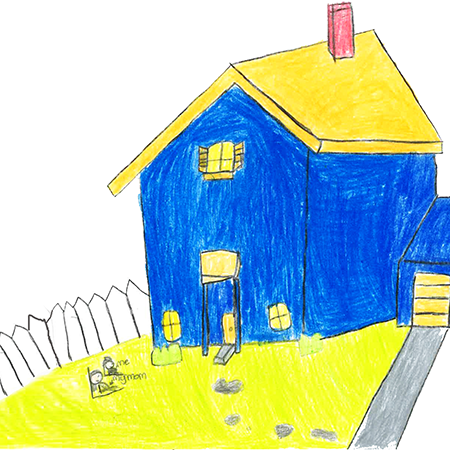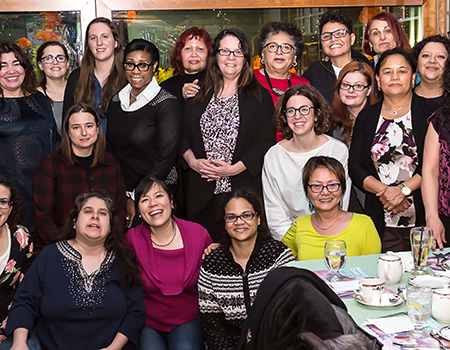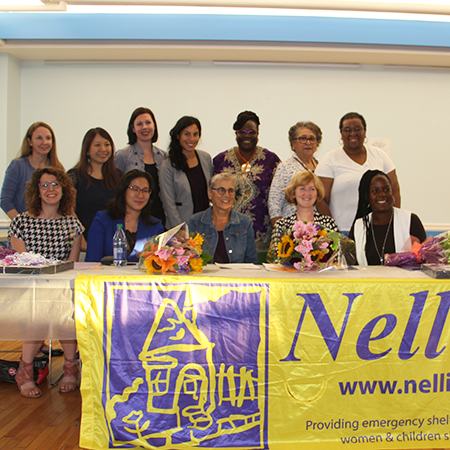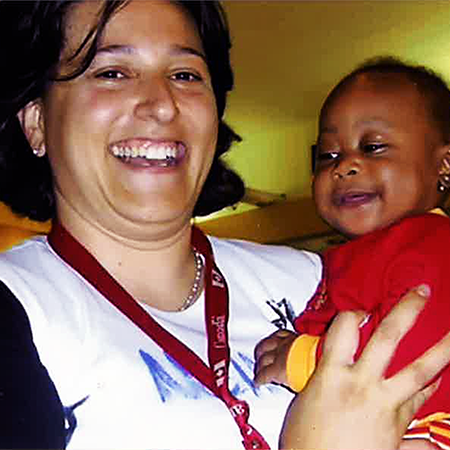
The federal government is currently developing no fewer than three national strategies that will shape public policy and funding decisions that affect women and children, and how agencies like Nellie’s can support them. A National Housing Strategy, a Strategy to Address Gender-Based Violence, and a Poverty Reduction Strategy are all currently under development and set to be released this year.
As we at Nellie’s know from decades on the frontline of the fight for social justice for all women and children, system change is infuriatingly slow. Yet every so often, there comes the opportunity to change government policy and make real progress. Year in and year out, we push for change, with the help of our staff, donors, volunteers, and of course the women who come to Nellie’s, and every day, prove what is possible when women are given a chance. We know opportunities for system change are rare, and when the moment arises, we’ve got to be ready.
The National Housing Strategy will set out the investments and outcomes for the full spectrum of housing from homelessness to home ownership. It will incorporate a new federal-provincial agreement that will set the terms for how governments will work together to improve housing affordability. Critically, it will also feature an update and expansion of the Homelessness Partnering Strategy, a key mechanism for government funding of homelessness serving services.
Women and men experience homelessness in very different ways. Advocacy around homelessness has been dominated by male-led organizations, hiring male marketers to convince male politicians. This has consequences for what we think of as homelessness, who gets to the table, and how funding is decided. The federal government has singled out survivors of domestic abuse as a priority population for the strategy. We’re keen to see them open their eyes to the gendered effects of homelessness.
They might be helped by the Federal Strategy to Address Gender-based Violence. The strategy aims to strengthen efforts to prevent and address gender-based violence and ensure a coordinated, evidence-based response. Importantly, it will also initiate a long overdue national personal safety survey. A major national survey on violence against women has not been done since 1993. Government runs on data, and numbers–what gets measured, matters. It’s about time we measure the personal safety of women and children.
Finally, the Poverty Reduction Strategy is the government’s attempt to recognize the complex social and economic factors leading people into–and out of–poverty. Canada does not have an official definition of poverty, or an official measure to track it. Now is our chance to influence how the federal government understands poverty, and define the government’s responsibility across key areas that impact poverty. To know what those areas are, the government would do well to start with the range of programming offered by Nellie’s: housing, food, health, employment and education. These are the foundations.
At Nellie’s, we know it takes work on all levels to achieve social justice. We take care of the basics, because without food in her belly and a door to lock behind her, it’s impossible for a woman to build a life for her and her children. We provide a holistic range of services and programs to support women creating opportunities for themselves, and to create opportunities for kids to be kids. We take what we’ve learned and contribute on committees and advisory councils that help spread knowledge and best practices. We’re proud of the fact that Nellie’s anti-racism anti-oppression framework has become a model for other organizations.
But we also know individuals and organizations are players in a bigger game. We need to change the rules of that game, to remove the barriers of abuse, prejudice, and oppression for all women and children. That’s why Nellie’s has a dedicated volunteer committee on social justice. That’s why our donors support us so generously, to ensure we remain independent to speak truth to power. Nellie’s has never been afraid to seek a new solution, or, when we have to, to fight on behalf of all women and children.
Now is a pivotal moment for policy affecting women and children. And, thanks to your support, Nellie’s is here to the make the most of this opportunity to push for social justice for all women and children.








